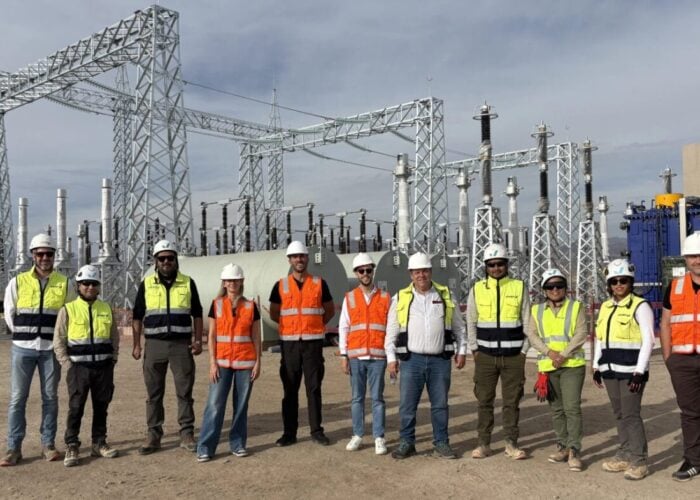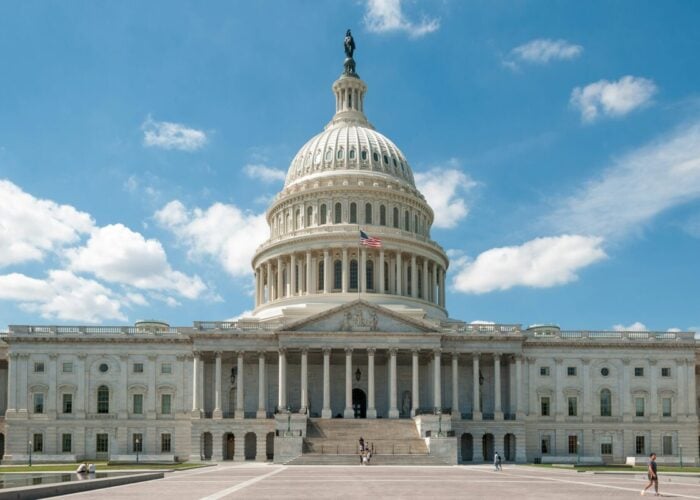Japan has launched a subsidy programme to support the installation of lithium-ion battery-based stationary storage systems, offering to pay individuals and entities up to two-thirds of their purchase price.
Japan’s Ministry of Economy, Trade and Industry (METI) announced the opening of the application process for subsidies on Monday and said a budget of ¥10 billion (US$98.3 million) had been earmarked for the programme.
Try Premium for just $1
- Full premium access for the first month at only $1
- Converts to an annual rate after 30 days unless cancelled
- Cancel anytime during the trial period
Premium Benefits
- Expert industry analysis and interviews
- Digital access to PV Tech Power journal
- Exclusive event discounts
Or get the full Premium subscription right away
Or continue reading this article for free
Subsidy payouts will be capped at ¥1 million (US$9,846) for individuals and at ¥100 million (US$982,000) for businesses, available for the installation of battery systems of 1kWh capacity or more. Systems must also be assessed and receive technical accreditation through the country’s Sustainable Open Innovation Inititative
The ministry outlined the reasons for launching the scheme, reiterating Japan’s acute energy problems since the 2011 earthquake, tsunami and Fukushima nuclear accident, the anniversary of which was marked last week.
There is a multitude of possible applications for stationary storage. According to METI, like many other nations and regions, Japan is interested in looking at how the integration of renewable energy sources can be aided by using storage, managing peak supply and demand and stabilising power supply.
The Japanese government, through METI, is keen to measure what effect mass production will have on battery prices and to what extent battery storage could aid energy self-sufficiency.
Japan joins Germany in offering direct subsidies for energy storage systems. Germany now offers subsidies for residential PV-plus-storage systems, although according to industry figures uptake on the programme has been limited.
Growth in the embryonic battery storage industry has been stimulated by differing drivers in different regions, with some regions such as California and Puerto Rico using mandates to compel utilities or renewable energy project developers to deploy storage.
Energy storage with batteries for PV is covered extensively in ‘Put up or shut up time for storage’, in the latest volume of Solar Business Focus, available now.






